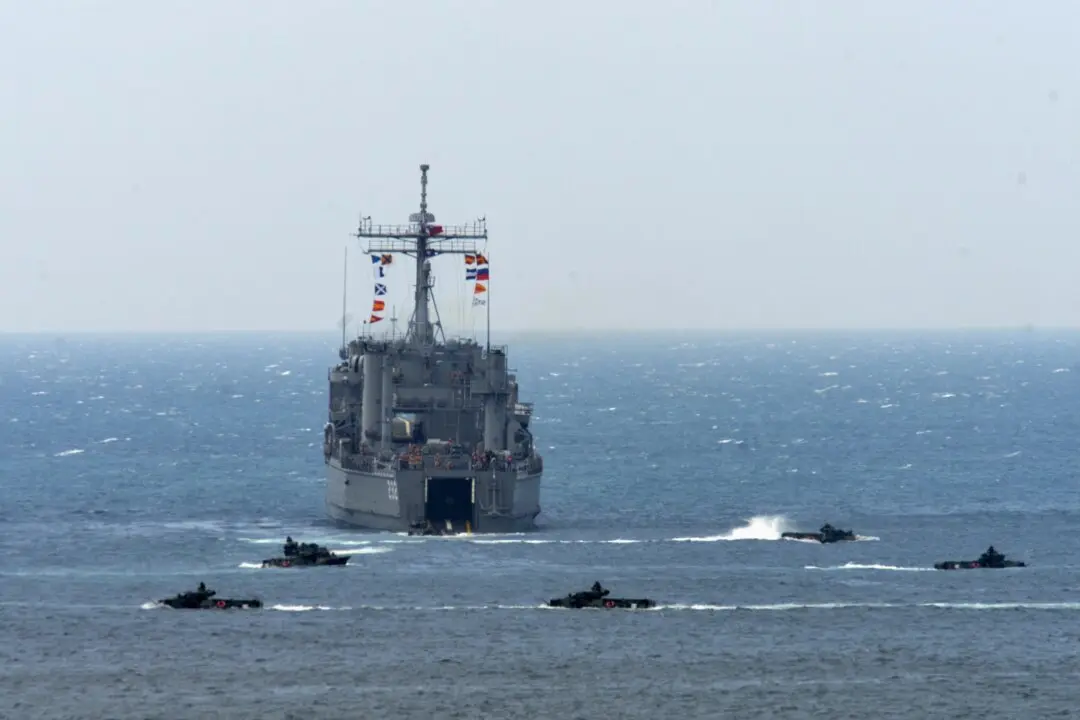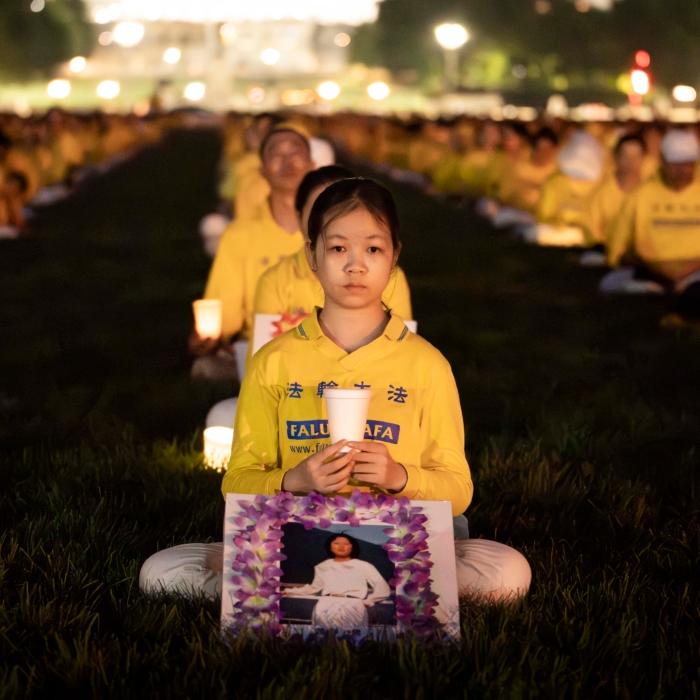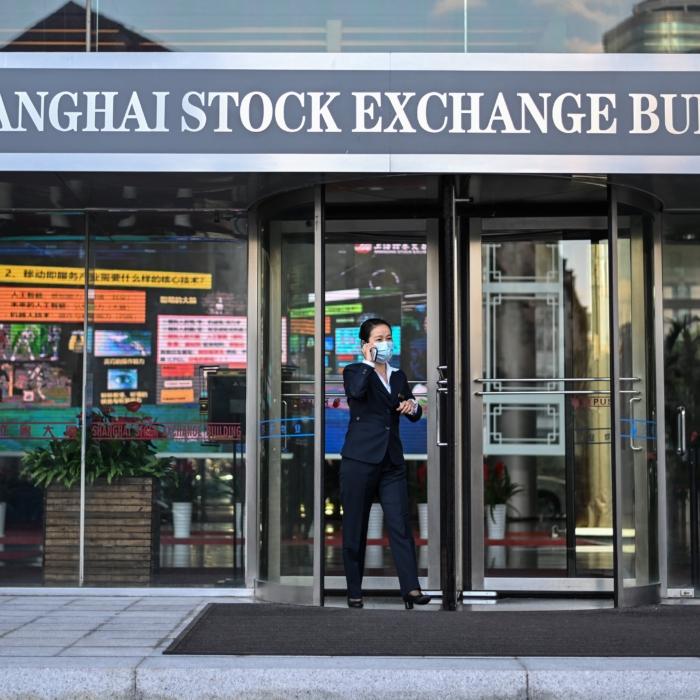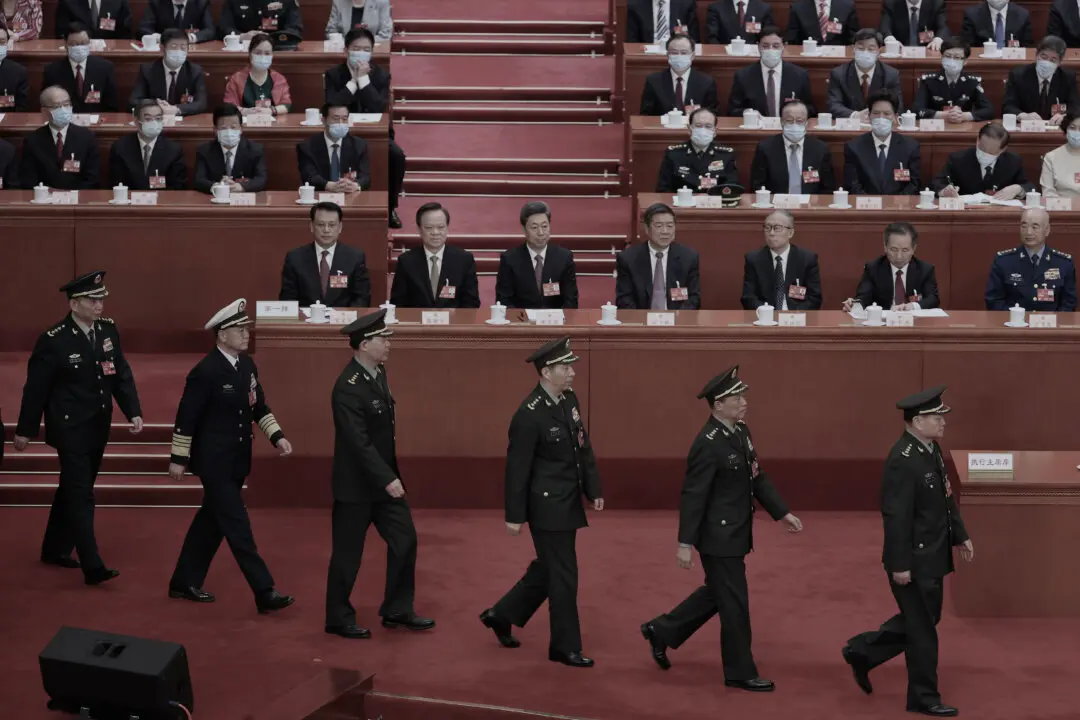The Chinese communist regime’s diplomacy in 2023 has been characterized by setbacks and containment by free democracies in the world, as its actions and stances on key issues—such as the Taiwan Strait, the South China Sea, the Russia–Ukraine war, the Israel–Hamas war, and human rights violations—pose threats to world peace and universal values.
A major diplomatic setback for the Chinese Communist Party (CCP) in 2023 is that Western countries have successively adopted “de-risking” measures to reduce their economic reliance on and ties with communist China.
The concept of de-risking was first proposed by European Commission President Ursula von der Leyen in March and supported by countries such as Germany, France, and the United States. The G7 summit in Hiroshima, Japan, in May also set the tone of responding to the CCP’s economic coercion by “de-risking” rather than “decoupling” from the world’s second-largest economy.
At the opening of the World Economic Forum, Chinese Premier Li Qiang criticized the West for its de-risking approach. The ruling CCP has always regarded Europe as an important export market.
Cheng Chin-mo, director of the department of diplomacy and international relations at Tamkang University in Taiwan, told The Epoch Times, “The concept of de-risking has become a consistent approach and attitude towards the CCP in democratic countries around the world.”
The United States has also been emphasizing de-risking and reducing over-reliance on China, with a focus on the supply chain and technology.
Under the effects of various countries’ de-risking policies, in 2023, China experienced a foreign investment deficit for the first time. In the third quarter of this year, direct investment liabilities, an indicator of foreign direct investment in China, ran with a $11.8 billion deficit.
Human Rights Issues
This year, European countries and the United States have continued to speak out publicly about the CCP’s violation of human rights.Dec. 10 was International Human Rights Day. The European Union Delegation to China issued a statement reiterating its concern about the severe human rights situation in China, enumerating the CCP’s various atrocities and human rights violations, and condemning the CCP’s “intentional and systematic violations” of civil and political rights.
The United States announced on Dec. 8 sanctions on two CCP officials involved in human rights abuses in Xinjiang, the Uyghur region in China, and three Chinese companies, including COFCO Sugar.
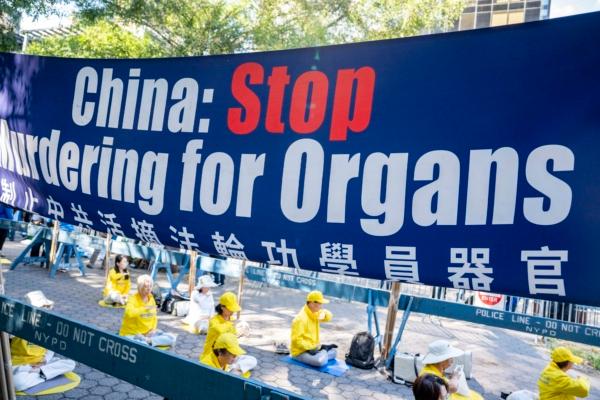
On July 20, the U.S. Congressional-Executive Commission on China issued a statement on its official account on X, formerly known as Twitter, condemning the CCP’s “most appalling human rights abuses” in the persecution of the spiritual practice Falun Gong and urging Chinese authorities to unconditionally release all imprisoned Falun Gong practitioners.
Mr. Cheng said, “The CCP has always suppressed freedom and violated human rights, such as the persecution of Falun Gong, especially the forced living organ harvesting [of Falun Gong practitioners] and transplantation, it’s against humanity and is very shameless. I think more people in the world have awakened [to the CCP’s wickedness].”
The CCP Is Part of the ‘Axis of Evil’
The CCP’s stance on the Russia–Ukraine and Israel–Hamas wars has been heavily criticized by Western democracies.Since Russia invaded Ukraine in 2022, the CCP hasn’t condemned Russia. When the international community imposed global sanctions on Russia, the CCP claimed that “Russia–China friendship has no upper limit” and secretly aided Russia in trade and arms.
On Dec. 12, the U.S. Treasury and State departments added several Chinese entities and individuals to the sanction list for selling Chinese-made weapons and technology to Russia.
When the Israel–Hamas war broke out after Hamas terrorists invaded Israel and massacred 1,200 Israelis on Oct. 7, the CCP didn’t condemn Hamas for its atrocities and for provoking the law; instead, it condemned Israel for its counterattack against Hamas, saying that Israel’s military actions in Gaza caused a humanitarian disaster.
Most of Hamas’s weapons supplies come from Iran, and Hamas claims that it’s also supported by a big unnamed country. China has long supported Iran.
“It is natural for everyone to suspect [the big country is] the CCP. In fact, all kinds of evidence point to the CCP, because Iran’s technology basically comes from the CCP,” Mr. Cheng said.
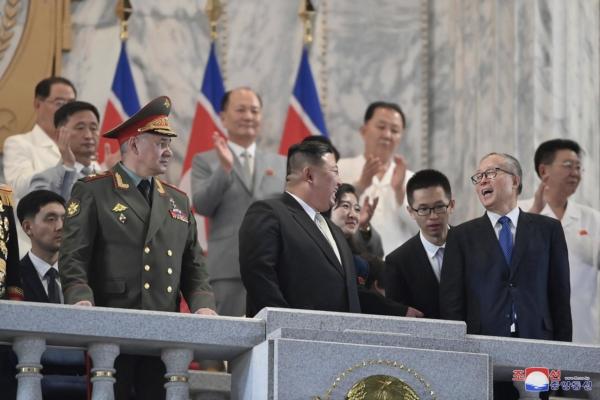
“This axis of evil—the CCP, Russia, Iran, and North Korea—has actually taken shape and is constantly challenging the world order. This has also made the world, especially Western democracies, more aware of the CCP’s role.”
On Sept. 13, China became the first country to officially establish diplomatic relations with a terrorist regime: the Taliban in Afghanistan.
“So we can see that the CCP is a major supporter [of] terrorist organizations in the world. The turmoil and crisis in the world are caused by the evil regime of the CCP,” Mr. Cheng said.
In 2023, the CCP escalated its military threats toward Taiwan and throughout the Indo–Pacific region. In recent months, there have been several conflicts between Chinese and Philippine ships, causing tensions in the region.
The United States has warned the CCP not to change the status quo in the Taiwan Strait and reiterated its support for Taiwan’s sovereignty.
“The recent joint military exercises and military cooperation between the United States, the Philippines, and Vietnam of course are aimed to prevent the CCP from causing trouble in the South China Sea,” Mr. Cheng said. “I think this situation will continue to consolidate, and the free world’s containment of the CCP has basically formed.”
